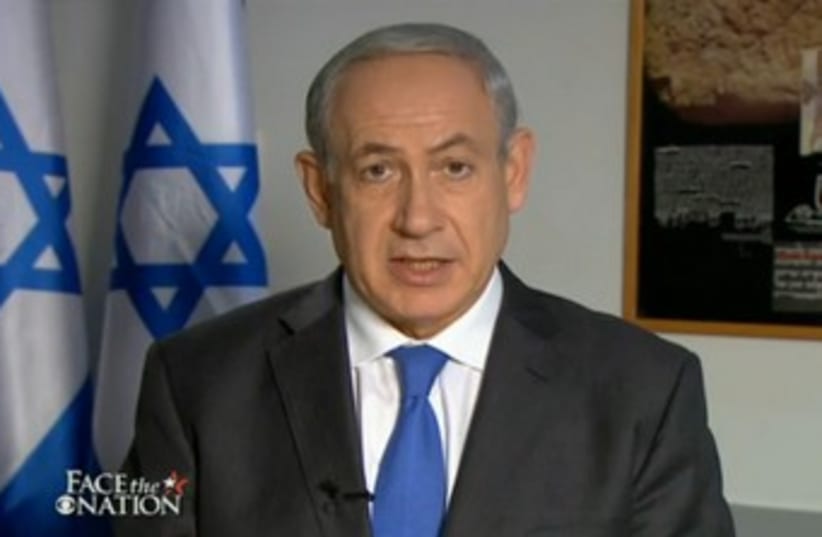Netanyahu warns American public against 'very bad deal' with Iran
PM pleads case against Iran on CBS's Face the Nation; decries any deal that would allow Iran to become "threshold nuclear power"; meanwhile, Kerry addresses sanctions, US position in nuclear talks.
